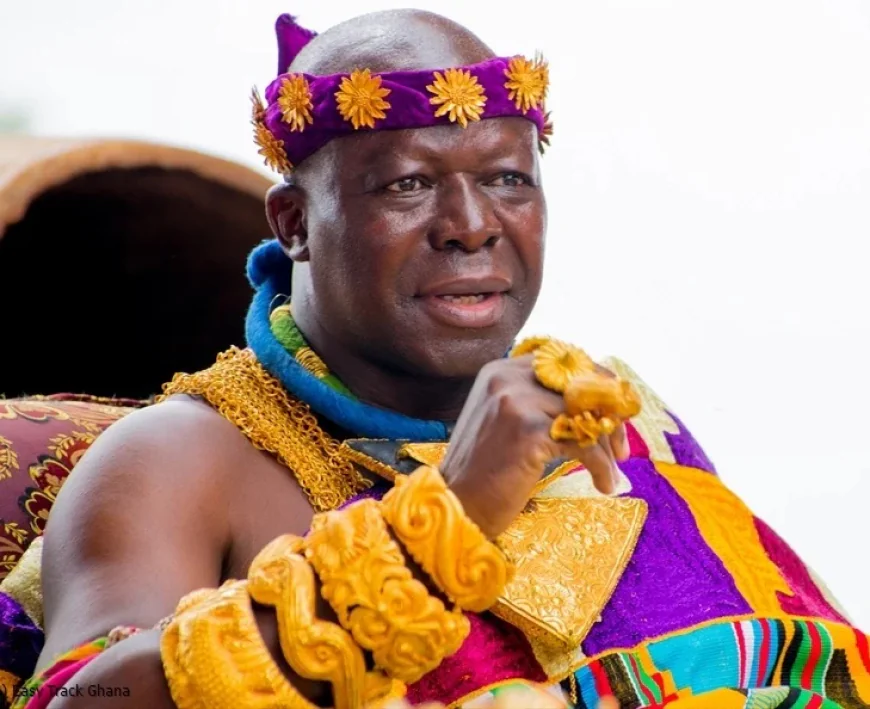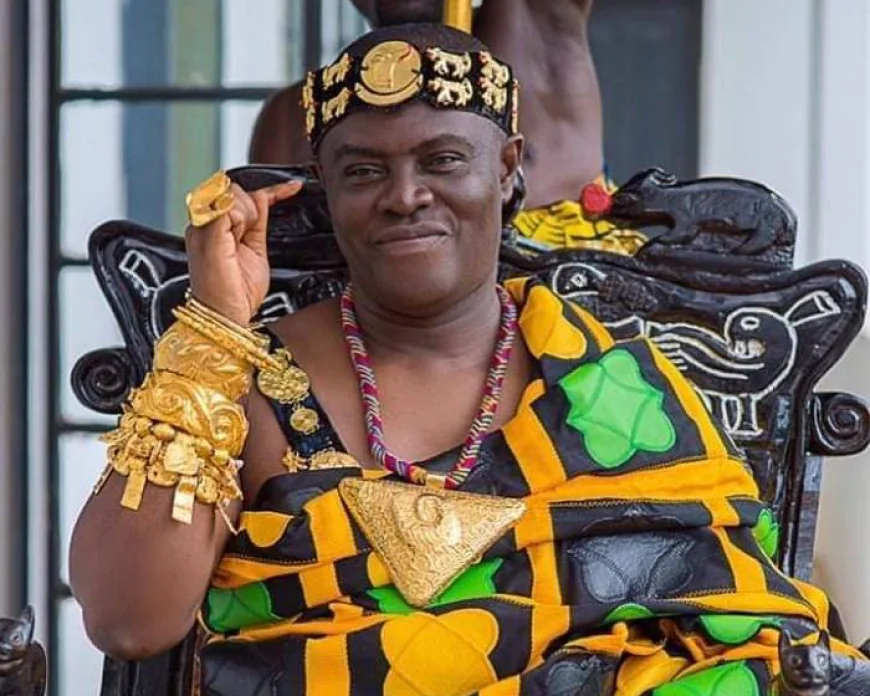ASANTEMAN CLASHES WITH DORMAA
Dormaa-Asante tensions over historical claims and traditional authority Examining the conflict, its implications, and efforts towards resolution.
The recent tensions between the Asantehene, Otumfuo Osei Tutu II, and the Dormaahene, Osagyefo Oseadeeyo Agyemang Badu II, have ignited a national debate regarding the historical claims and counterclaims surrounding the relationship between the Asante Kingdom and the Bono traditional area. This dispute has brought to the forefront the complexities of Ghana's rich cultural heritage and the need for a nuanced understanding of the historical context that underpins the relationships between traditional leaders.
At the heart of the conflict lies the Dormaahene's concerns that the historical narrative surrounding Bono has been distorted, resulting in a lack of adequate representation of the autonomy and heritage of the Dormaa state. Conversely, the Asantehene's comments have been interpreted as an attempt to reassert the authority and historical influence of the Golden Stool, a symbol of the Asante Kingdom's power and prestige.
Several key issues have emerged as central to the conflict.
Firstly, the Dormaahene's assertion that the Dormaa stool predates the Asantehene's stool by 300 years has significant implications for the historical narrative of the region.
Secondly, the Asantehene's attempt to elevate certain chiefs to paramount status has been met with resistance from the Dormaahene, who contends that the Asantehene lacks the authority to do so.

Lastly, the controversy surrounding the Dormaahene's attendance at the Berekumhene's funeral, which was halted due to a court order citing potential breach of peace, has further exacerbated tensions between the two traditional leaders.
In response to the escalating tensions, the Government of Ghana has announced plans to intervene in the dispute. The Minister of Local Government, Decentralization, and Rural Development, Hon. Ahmed Ibrahim, has initiated preliminary discussions with key stakeholders, with the goal of preserving the dignity of both leaders while safeguarding the unity of Ghana's chieftaincy institution.
The implications of this conflict are far-reaching, with potential divisions between the Asante and Bono communities posing a significant threat to national cohesion. Experts warn that prolonged disagreement between the two leaders could have negative consequences for the country, underscoring the need for prompt and effective resolution.
Efforts to resolve the dispute are underway, with the National House of Chiefs being urged to intervene in the escalating tensions between the two traditional leaders. The Chieftaincy Minister, Stephen Asamoah Boateng, has emphasized the importance of resolving the issue promptly to prevent further complications and promote peace and stability in the country.
In conclusion, the Dormaa and Asante issues are complex and deeply rooted in historical and cultural differences. The government's intervention is a crucial step towards resolving the conflict and promoting peace and stability in the country. The commitment to dialogue and respect for tradition will be essential in finding a lasting solution to this dispute.



